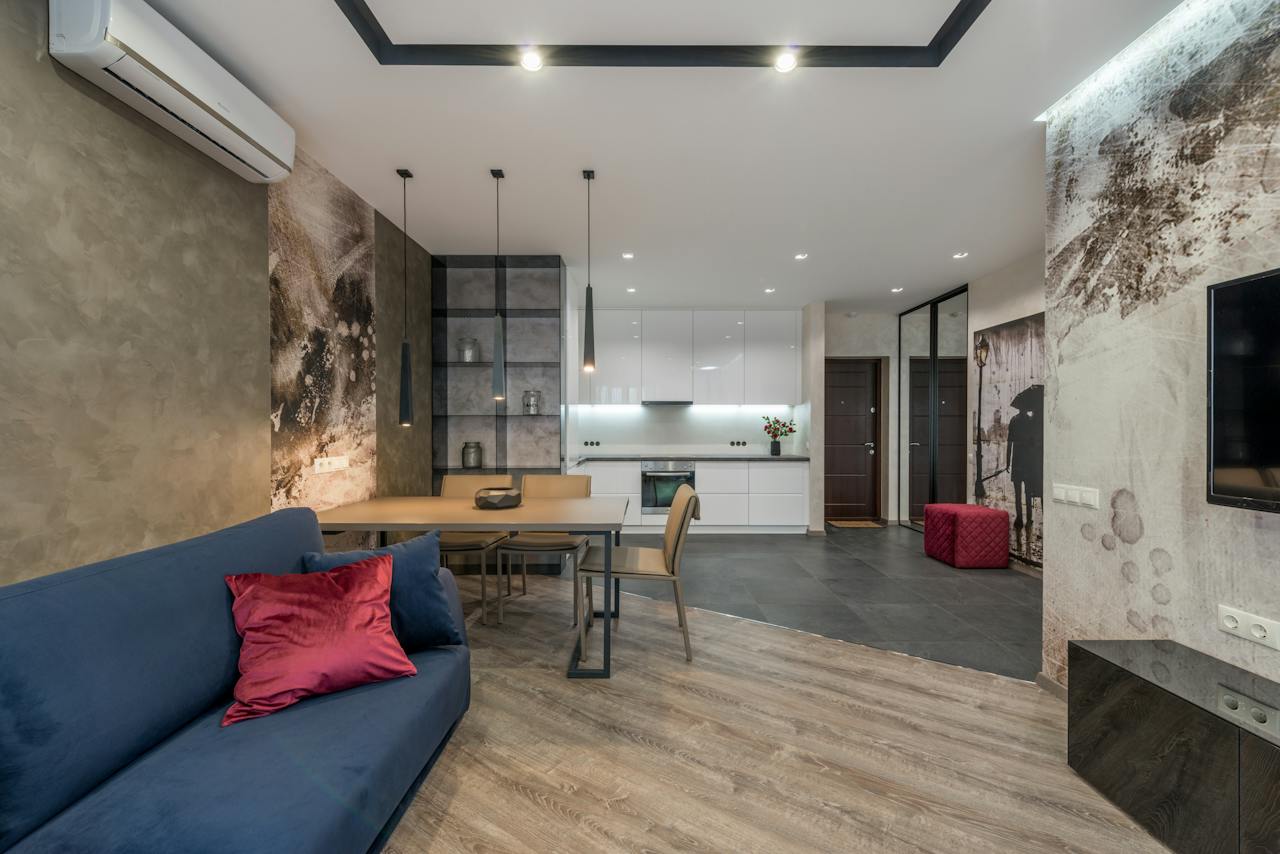Selecting the best air filter for our HVAC system involves considering several factors, including your specific needs, system requirements, filter efficiency, and environment. Visit here to learn more. Here are some steps to help you choose the best air filters for your needs:
Understand Filter Ratings
Air filters are assigned a MERV (Minimum Efficiency Reporting Value) rating. This indicates the air filter’s filtration efficiency. MERV ratings range from 1 to 20, with the higher numbers representing better filtration. To use MERV ratings to your advantage when choosing air filters, consider your filtration needs based on factors such as allergies, asthma, or specific air quality concerns. For example, MERV 13 air filters are good for removing particles larger than 0.30 microns, such as dust pollen and other large particles.
Determine System Compatibility
Although some air filters are more tempting to use than others due to their unique features, it’s essential first to check your HVAC system’s specifications and manual or speak with a professional to understand the recommended or maximum MERV rating it can accommodate.
Some systems may have limitations on the type of filter thickness they can handle. Ensure that the filter you choose is compatible with your HVAC system and get the proper measurements as well to avoid airflow restrictions, damage, or inefficiency.
Consider Filtrations Needs
Everyone has different air filtration needs based on their sensitivities or health problems. Assess the air quality in your home or building and identify specific pollutants or allergens you want to target, especially if someone within your household suffers from asthma, allergies, or other respiratory issues.
You should also consider the number of inhabitants within the home and if pets are present to use the best air filters for everyone’s comfort. A filter with a MERV rating between 8 and 13 is usually sufficient for general household use. If you have specific concerns or require higher filtration, consult an HVAC professional or consider specialty filters like HEPA or activated carbon filters.
Balance Filtration and Airflow
Higher-rated filters with superior filtration capabilities can also restrict airflow more than lower-rated filters. Because of this, it’s also important to strike a balance between filtration and airflow to avoid straining your HVAC system. Consider the recommendations from your HVAC manufacturer, and if you’re unsure, consult an HVAC professional for guidance on finding the right balance.
Evaluate Filter Types
Plenty of filter types exist, including pleated, fiberglass, washable, electrostatic, and more. Each type of air filter comes with its own advantages and considerations. For example, pleated filters are popular due to their improved filtration efficiency and longer lifespan than fiberglass filters. You must consider the trade-offs between filter types: cost, maintenance requirements, and filtration effectiveness.
Regular Maintenance
No matter what air filter you choose, you must either replace it after specific use durations or clean it depending on your chosen filter. Follow the manufacturer’s recommendations or consult an HVAC professional for guidance on how often to replace or clean your air filter for the best results. Regular maintenance ensures optimal performance and filtration efficiency.
To choose the best air filter for your HVAC system, consider all the factors discussed, such as your filtration needs, system compatibility, and the balance between filtration and airflow. If you are still deciding on the best option, consult an HVAC professional for guidance and receive personalized recommendations.
